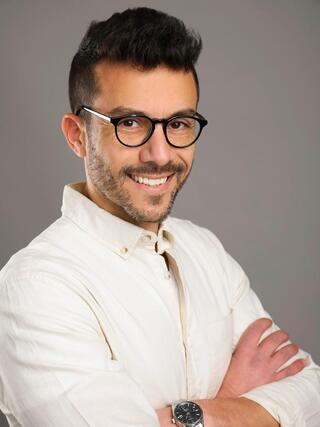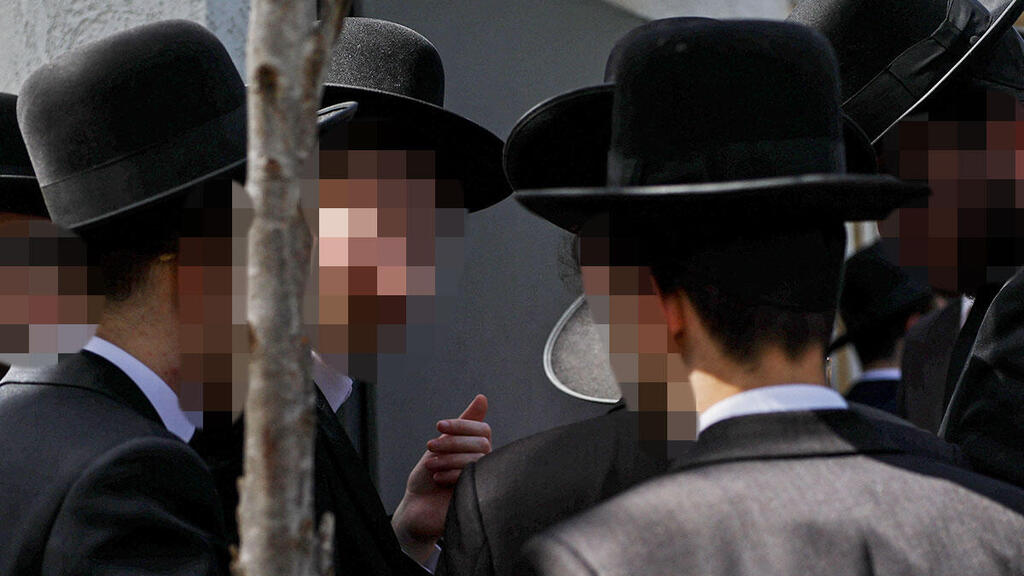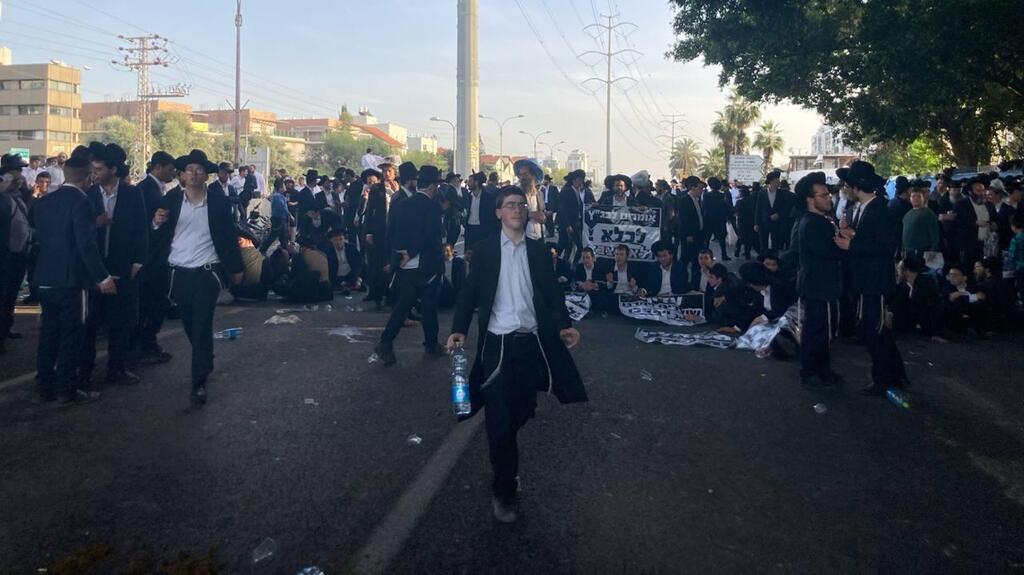Getting your Trinity Audio player ready...
Let's begin at the end: The discussion surrounding the enlistment of ultra-Orthodox Jews (“Haredim”) into the IDF has become tedious. The discourse is unnecessary, the outcome is predetermined, and the exemption age is irrelevant.
Perhaps it's worthwhile to abandon it altogether and invest resources in a more important goal: integrating the ultra-Orthodox into Israel's future economy. Therefore, let's put an end to these unnecessary conflicts that only breed animosity and division among the ultra-Orthodox and the Israeli society.
Let's focus on what to do assuming, quite realistically, that they won't enlist in the IDF. If our country's politicians were prioritizing rational decisions for the people's benefit, we might not be facing this situation. For 76 years, most of the ultra-Orthodox population has not enlisted in the IDF, and it seems they won't in the future. Even if they are drafted forcibly, it's uncertain whether the IDF wants or needs unmotivated soldiers.
Now, let's discuss why it's crucial to shift our discussions to focus on the integration of the ultra-Orthodox into Israel's economy. There are several main reasons.
From a demographic perspective, the ultra-Orthodox wield significant political, economic and social power simply because a significant portion of the Israeli population is ultra-Orthodox. As of 2023, they constitute about 14% of the total population and are steadily growing. Additionally, it's a relatively young population, with the median age being 16 compared to the median age of 35 in the rest of the population (Israel Democracy Institute, 2023).
Furthermore, one of the most influential factors in economic integration is level of education. For the ultra-Orthodox, the current situation is not favorable, especially for men, with only 16% attempting high school state final exams compared to 69% of ultra-Orthodox women and, as of 2021, only about 5% of the entire ultra-Orthodox population had studied in higher educational institutions.
This lack of educational attainment leads to limited integration into the labor market, which brings us to the next point: income disparity (Israel Democracy Institute, 2023).
When income is low among the population, there is a direct impact on the state's revenue from direct taxes. Of course, this also affects expenditures, which in turn directly impacts indirect taxes for the state. The current situation in the ultra-Orthodox population, which has grown rapidly over the last several years is certainly not favorable for the economy.
As of 2021, the average gross income per ultra-Orthodox household per month stood at about 15,000 shekels compared to 22,000 shekels for a non-ultra-Orthodox household. In terms of expenses, despite having more people per household, ultra-Orthodox households spend about 14,000 NIS per month compared to 15,600 NIS in non-ultra-Orthodox households (Israel Democracy Institute, 2023).
Now, let's consider possible approaches we need to take. It's crucial to understand that integrating the ultra-Orthodox into Israel's future economy won't happen overnight. It's a long process. For some of them, living off stipends is a way of life. If the stipends are cut off, they have no future, and we don't want to reach such a situation. Therefore, the process must be gradual, over many years.
Unfortunately, since the ultra-Orthodox population holds significant political power and have been part of many coalition governments throughout Israel's history, many politicians have not done much to advance the process for fear of coalition collapse, thus neglecting the issue. The equation of sharing the burden is no longer valid, and the imbalance will only worsen in the coming years. We must begin to address it now before it's too late.
There are various initiatives and proposals for integrating the ultra-Orthodox into Israel's future economy, but opinions are divided due to political motives and the interests of different entities. In general, efforts should be made to encourage employment and integration into the economy while gradually reducing benefits and phasing out the budget allocated toward the ultra-Orthodox.
One way to do this is to gradually reduce government support and budget for those who don't enlist and make it harder for them to receive these benefits, while also encouraging and providing incentives for those who do enlist. Further, we should be encouraging training in various employment sectors such as in high-tech to bridge educational gaps (e.g., JBH - high-tech studies for the ultra-Orthodox, Kodcode - the ultra-Orthodox program for training programmers, Tech-venture - the national initiative for integrating the ultra-Orthodox into high-tech).
 Dr. Amit Serusi
Dr. Amit SerusiFinally, we must acknowledge and understand that Israel is a democratic Jewish state and, therefore, Jewish character will always be part of its essence and thus must be preserved. But it's important to understand that before preserving Israel's character, its existence must be secured from both economic and security standpoints; otherwise, there will be nothing left to preserve.
Dr. Amit Serusi is a strategic consultant and angel investor.




